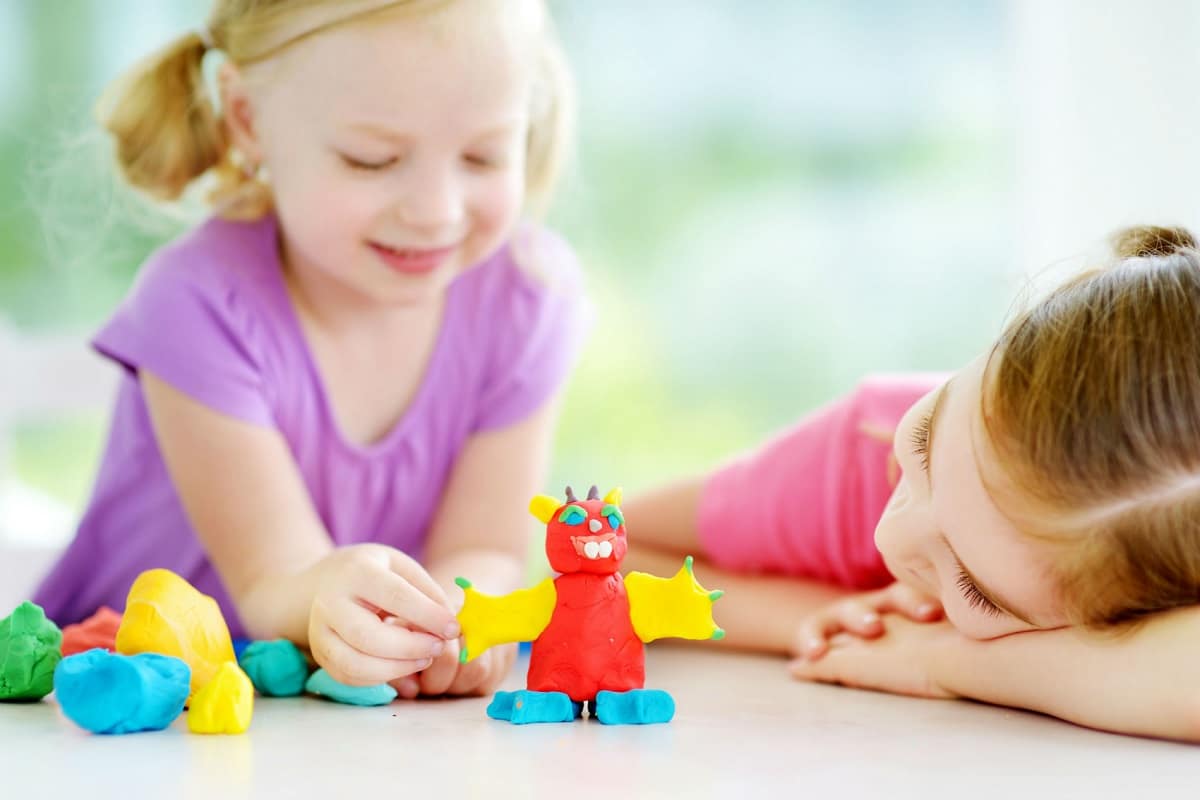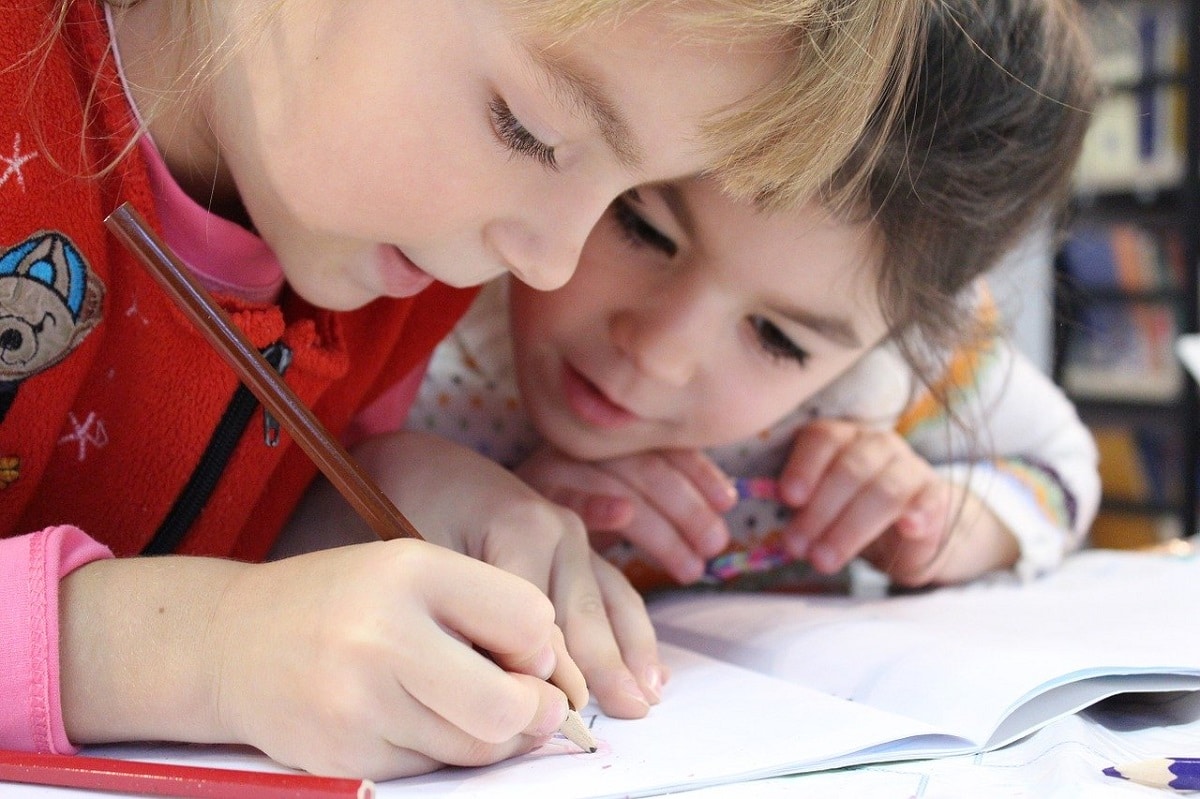
Today we want to clarify what is that of developmental milestones, how they influence the child and adolescent. According to the most widespread definition, we speak of developmental milestones by referring to certain actions or abilities that boys and girls perform or must achieve for their normal development in certain periods.
Traditionally it was spoken of milestones of development during the first 5 years of life, these in turn were subdivided. However, taking into account not only the physical development of the child, but also the emotional consideration of the concept of "Developmental milestones" has been extended into adolescence.
Why is it important to know your children's milestones?

The answer from Jane Squires, a professor at the University of Oregon and Director of the Center for Human Development at the same university, is that developmental milestones are important because allow to have a reference on how each child is progressing, which makes it possible to detect possible lags and facilitate early intervention. But keep in mind that each child has his own path. The important thing is not only the route, but that the child reaches the different milestones.
What the expert states is that the milestones are general, but each individual develops their path in a unique way and in that process, positive experiences are vital. Affection is essential in achieving milestones, but it is not the only thing. The key is to identify the needs and capacities of each child early.
The fact of taking the child to the pediatrician even if he is healthy is to see this evolution. The beginning of everything is skills motor skills, then self-help skills such as dressing alone, communicating or talking, among other things.
Milestones that mark development before school

We have very much summarized the milestones that mark development before and after school. Throughout our blog you will find other milestones developed. So that you have a brief idea of what these milestones are, we will tell you that:
De 0 to 1 year. Develop motor skills such as drinking from a cup, sitting alone without help, babbling, responding with a social smile, first tooth appears, plays hide and seek, manages to stand up, turn, identifies mom and dad, understands the concept "no" and stop the activity in response
De 1 to 3 years. He can eat by himself, able to copy a line, says his name and surname, goes up and down stairs, runs, turns around, walks backwards. Can mention common objects, parts of the body, dresses only with little help, learns to share toys, without adult intervention, learns to wait their turn, plays with other children. Recognize and classify colors. Acquire more vocabulary and understand simple commands
Milestones when they start to go to kindergarten and school

These are some of the developmental milestones to keep in mind during the schooling period:
- From 3 to 6 years. He is able to draw linear figures, features of people, circles and squares. He has better balance, jumps, catches balls, can start cycling. Begins to recognize written words and to have reading skills. Likes to do most things independently and without help. Starts going to school and understands concepts of size and time.
- From 6 to 12 years. Has skills for team sports. They lose their "milk" teeth and the permanent ones come out. Improvement in reading comprehension The peer recognition begins to become important. They share important routines. Understands and is able to follow sequential instructions. Some girls, from the age of 9 or 10, begin to show growth of pubic and armpit hair, and breast development, and the first menstrual period may even appear.
- From 12 to 16 years. They reach height, weight and sexual maturity. The recognition and acceptance of colleagues is of vital importance. I know they worry about their image and the perception of the other. They already understand abstract concepts.
We want to repeat to you that these are just some development guidelines to take into account, to confirm the normal development of children. And so that if it does not occur, an early intervention can be made. These guidelines are not rigid, each one has its evolutionary moment.